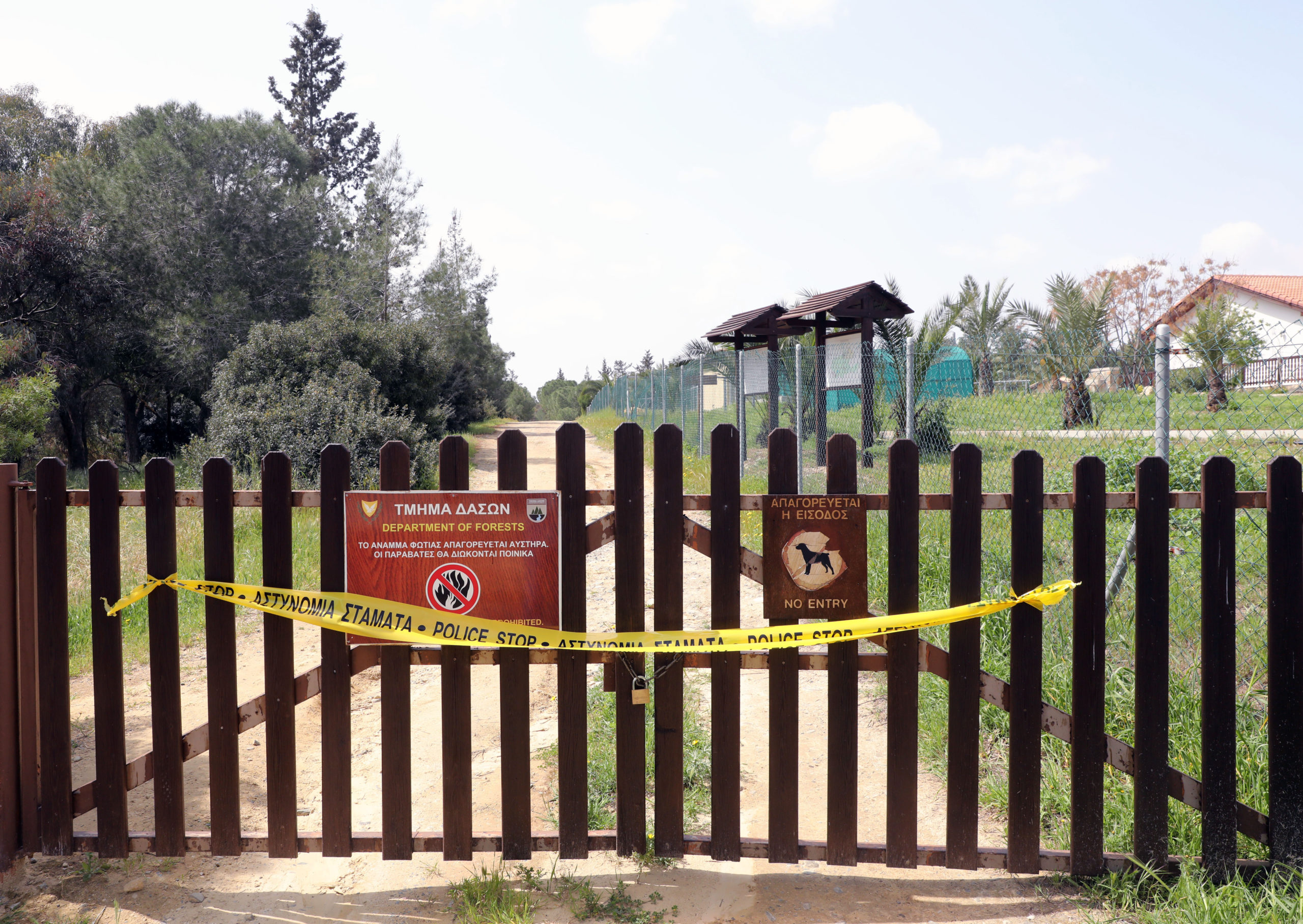The government is preparing for the second stage of COVID-19 lockdown relaxations next week, but the move depends on Cyprus assessing latest epidemiological data with scientists.
The second stage is scheduled for 21 May; however, scientists appear to be reserved on whether a further opening of society and the economy will be backed by the data.
Detected cases have remained low but there is still a threat of unknown carriers spreading the virus.
All school children are to return to their classrooms on 21 May, following 10,000 final-year school students who went back to school on 11 May.
On 21 May all restrictions on free movement will be lifted with people allowed to go to parks, play areas, squares, marinas, and other open spaces provided they are not in groups of over 10.
Barbershops and hairdressers may also reopen along with cafes, bars and restaurants with outdoor facilities.
However, scientists are puzzled over cases appearing among people belonging to vulnerable groups and unwillingness of workers in the retail sector and construction sites to follow guidelines.
The Health Ministry, which is seeking ways of doing more tests, has reportedly asked the Labour Ministry to convince businesses and employees to join the 20,000 free tests scheme launched on 4 May.
The epidemiological monitoring unit, advising the government on handling the coronavirus crisis, is to meet on Thursday to review latest data and present its findings to President Nicos Anastasiades on Friday.
The inter-ministerial steering committee will then form its suggestions to be tabled at a cabinet meeting to be held early next week.
Several members of the scientific team have publicly expressed concern that the evidence suggests that there are still a number of undiagnosed cases in the community that could cause new outbreaks of coronavirus transmission.
UNIC professor and virologist Petros Karayiannis in recent statements said that “the number of undiagnosed cases cannot be estimated”.
“Some specialists say it maybe 10 or 20 times larger than the number of known cases.”
On the detection of cases through random sampling performed on hospital patients prior to treatment, the professor said: “It is very difficult to say how these people were infected.”
“This should tell tells us that we have a number of cases out there that may be asymptomatic who are passing on the virus”.
Professor Zoe Rodothea Pana also expressed concern about the occurrence of cases among people who may belong to the vulnerable groups of the population.
“Since the beginning of the epidemic, our goal has been not to have a large number of confirmed cases in vulnerable groups, because by definition, a vulnerable group means they are more likely to develop serious symptoms”.
Referring to the meeting with Anastasiades on Friday, she said that there will be a constructive discussion based on epidemiological data in Cyprus and globally and on how to proceed.










